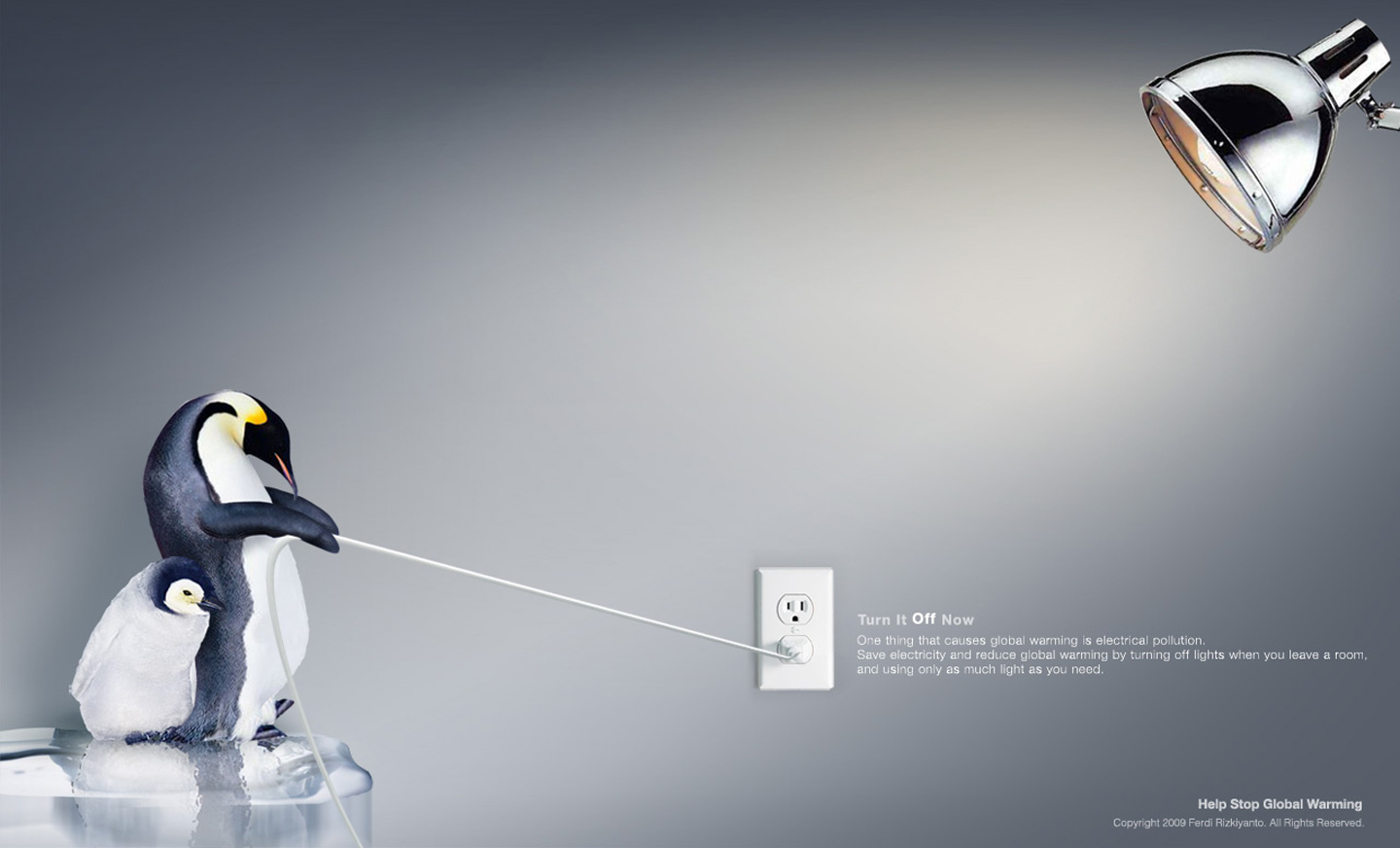Dear readers, With the launch of e-newsletter CUHK in Focus, CUHKUPDates has retired and this site will no longer be updated. To stay abreast of the University’s latest news, please go to https://focus.cuhk.edu.hk. Thank you.
Energy Conservation: Laws and Myths

As with many phrases, ‘energy conservation’ has two meanings. One is encapsulated in the so-called first law of thermodynamics: that energy in the universe is constant and can be neither created nor destroyed. The second is a constant battle cry to save our natural resources and hence our planet.
The famed physicist Richard Feynman (1918–1988) once illustrated the first meaning with a hypothetical example. Imagine you’re caught in the rain and use a towel to cover your head. Once you get inside a room you begin to dry your hair and your body with the towel. This you can never accomplish because, in a closed system (a sealed room with no ventilation or evaporation), the water goes from your body to the towel and vice versa. The water is like energy. It does not disappear into thin air.
At home or in office, environmentally conscious denizens like us will not forget to switch off the electrical or electronic appliances when the job is done or the day is over, as the case may be. Well, switching off is not enough. Cutting the power (unplugging) is. This is because most appliances still use and consume energy even in turned-off or standby modes. A computer still uses quite a lot of energy in a sleep or hibernate mode so as to be able to immediately bounce back into service on the punch of a key.
The charger is another ubiquitous feature of modern living. It looks innocent enough when the device to be charged is not connected to it. That is another myth. A plugged charger, even if not connected to the device to be serviced, still uses so-called ‘vampire power’.
Smart phones and mobile devices with built-in batteries will not use energy only when the battery is removed. But then most of us would charge our phones and watches whenever we can get to it, day or night, office or home. Incessant and excessive charging is a much neglected aspect of wasteful energy habits.
While some mysterious physical law rules that we can never dry our hair, we can do incrementally better by unplugging the appliances in our home or office at the end of a long day or on weekends.
TC
This article was originally published in No. 551, Newsletter in Jan 2020.